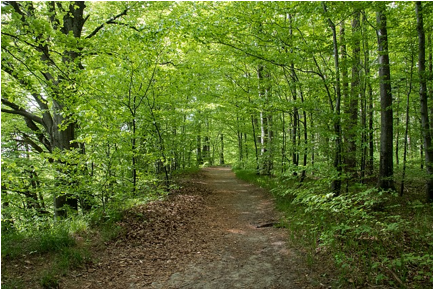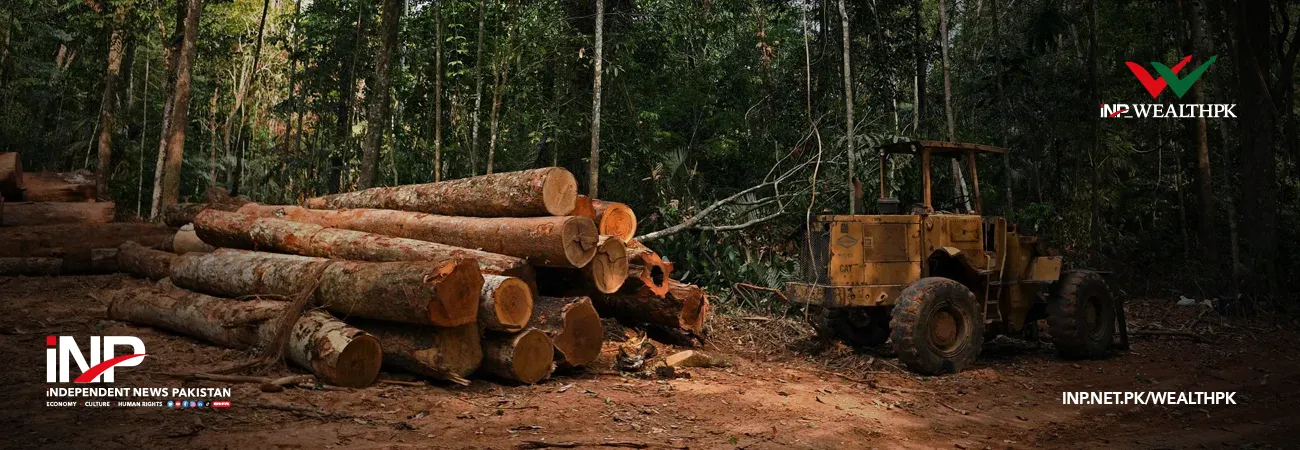INP-WealthPk
Azeem Ahmed Khan
Pakistan is struggling to restore its shrinking forests, but climate change, expanding land use, weak laws, and lack of resources are threatening efforts to safeguard fragile ecosystems, said a forest expert.

Speaking to Wealth Pakistan, Dr. Anwar Ali, Director of Forestry Research at Pakistan Forest Institute, said forests in Pakistan cover just 5 percent of land, around 4.5 million hectares, which is far below the global average of 31 percent and well short of the 25 percent needed for ecological balance and sustainable growth.
Rising temperatures are already taking a toll on the country, as climate-related disasters such as floods and wildfires are increasing, while pests and diseases are spreading, he said. Forests’ reproductive capacity is declining, and many species of plants, animals and birds are finding it difficult to survive in a changing climate, he cautioned.
Apart from the impacts of climate change, rapid urbanization and agricultural expansion are consuming land that might otherwise be used for reforestation. “The main challenge is the competing land uses such as urbanization and agriculture expansion,” Dr. Anwar noted. He also cited climate change, low availability of suitable land, and lack of funds for long-term plantation protection as major hurdles.
Moreover, most of the forests in Pakistan are confined to northern mountainous regions of Khyber Pakhtunkhwa, Gilgit-Baltistan and Azad Jammu and Kashmir, he pointed out.
Dr. Anwar said outdated laws make matters worse because current regulations mostly apply to designated forests, leaving communal and private forests outside their scope. Strengthening legislation and equipping the forest department with better human, financial and technological resources is essential to curb illegal logging and land conversion, he suggested.
“Forest conservation is crucial for our survival as well as for the survival of our planet and future generations, and we all have to become nature lovers and forest friends to make our motherland greener and prosperous,” he emphasized.
Technology, Dr. Anwar said, could help bridge some of the gaps. Geographic Information Systems (GIS), drones and satellite monitoring are increasingly used to identify suitable areas for afforestation and to monitor tree survival, growth and health, he added. But he stressed that no strategy will succeed without engaging the people who live closest to the forests.
“Communities need to be made partners in forest conservation so they feel ownership,” Dr. Anwar said, calling for payment-for-ecosystem services schemes to tie local livelihoods to conservation. Despite daunting challenges, he said forests remain Pakistan’s frontline defence against climate change. “Forests are a key part of nature-based solutions and can make our systems much stronger against climate change,” he added.
Credit: INP-WealthPk









